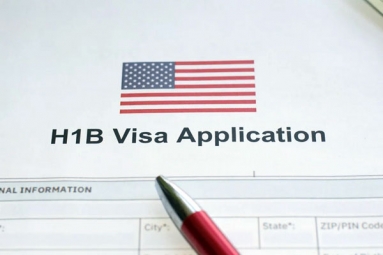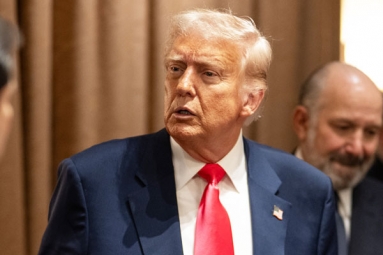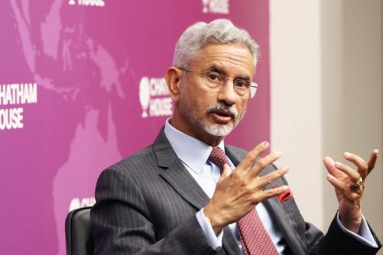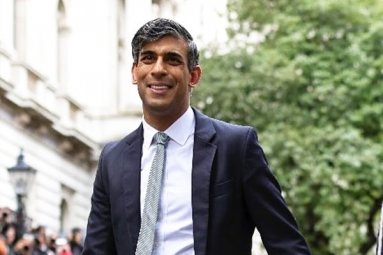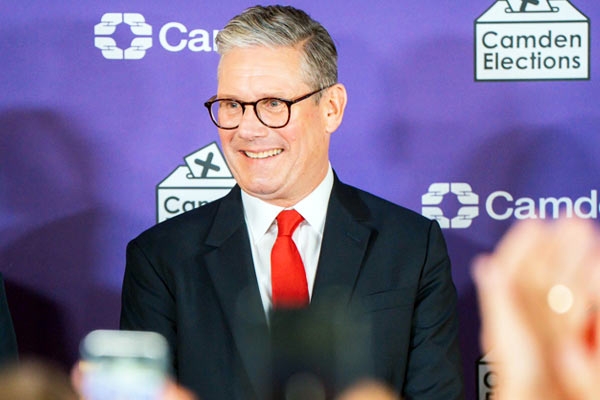
(Image source from: x.com/Keir_Starmer)
The results of the recent election have brought about a significant change in the British political landscape. Keir Starmer, the leader of the Labour Party, has succeeded in becoming the new Prime Minister, delivering a crushing blow to the Conservatives. As Starmer takes office, his first month will be marked by a flurry of international diplomacy, including meetings with US President Joe Biden and European leaders. Labour, which has been out of power since 2010, has outlined a foreign policy approach rooted in "progressive realism," acknowledging the volatile nature of the global landscape as it is, rather than as they would wish it to be, as expressed by the expected incoming Foreign Secretary, David Lammy. The party has also vowed to "make Brexit work" and pursue an ambitious security pact with the European Union.
Another key aspect of Starmer's foreign policy agenda is the strengthening of the UK's relationship with India. Recognizing past missteps, particularly regarding issues like Kashmir, Starmer has pledged to forge a new strategic partnership with India. His commitment to negotiating a free trade agreement (FTA) and enhancing bilateral cooperation in areas such as technology, security, education, and climate change, underscores his ambition to elevate the UK's ties with one of the world's fastest-growing economies. This commitment has been reflected in Starmer's manifesto, which includes a pledge to pursue a "new strategic partnership" with India, with a particular emphasis on the trade agreement.
During his campaign, Starmer reached out to local communities, denouncing prejudice against Hinduism and celebrating cultural events like Diwali and Holi. These efforts aimed to build stronger ties and inclusion within British-Indian communities, a crucial demographic for Labour's electoral strategy. However, Starmer faces challenges in realizing his ambitious foreign policy goals, particularly regarding immigration policies and trade agreements. With bipartisan support to reduce immigration, negotiating temporary visas for Indian workers in the UK service industry requires a delicate balance for Labour. Rishi Sunak's last-minute appeal to voters appears to have fallen short, as the Conservatives warned that a Labour victory would lead to higher taxes. Currently, Keir Starmer's Labour Party is ahead with 403 seats, while Rishi Sunak's party has won 109. To secure victory, a party needs to win 326 seats in the 650-member House of Commons.







